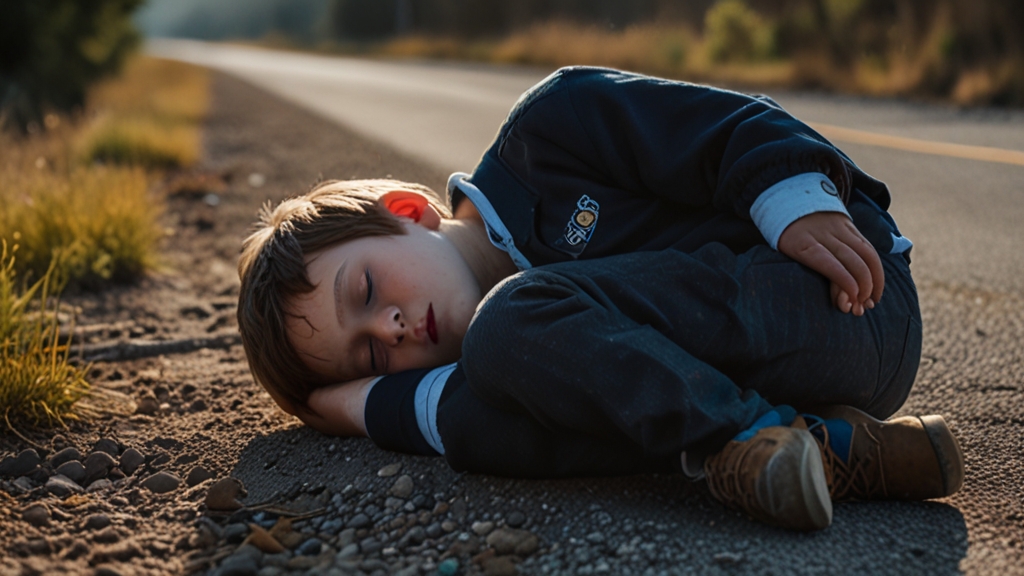A small, innocent child with disheveled hair, ragged clothes, and bare feet came out of a camp-like shelter. Hunger had absorbed the beauty of his face; otherwise, I could have called him beautiful. He was looking for bread.
Reaching the religious leaders, he asked, “Roti (Bread).”
The people replied, “Ask God, He is the giver.”
The child asked, “Where is God?”
One person said, “In the sky.” Another said, “No, He is everywhere.” Both sides started to prove their own truth, and soon the people on earth were fighting over the one in heaven. The child left.
He reached the corridors of politics and asked, “Roti.”
People asked, “What is your name, parents’ name, address, which region you are from, what is your religion, that is, what is your reality?”
The questions didn’t make any sense to him. He then said, “Roti.”
The child didn’t know what had happened to him in the last few days. His father was killed in defense of his religion, their house was burnt down in a riot, and his mother was subjected to severe physical austerities by religious people. She was lying half-dead in the camp, and the child did not know what her fault was.
He left disappointed from there too.
He arrived in the city, saw shiny cars, iron buildings, glittering shopping malls, and different colors. He heard two people say, “This is real life,” but he did not understand anything.
He was tired and fell asleep on the side of the road with his feet buried in his stomach. He complained to God in his dream and did not wake up the next morning.
The moral of the story is about the importance of compassion and taking real action to help those in need. When the hungry child asked for bread, the people he approached only offered words and arguments instead of real help. This shows how society can sometimes be indifferent to the suffering of others.
The story highlights the failures of religious leaders, politicians, and society at large to address the basic needs of a helpless child. It teaches us that simply talking about help, or asking people to turn to God without offering tangible aid, is not enough.
Real compassion means taking concrete steps to help those in distress. If we ignore the suffering around us, we lose our humanity. The story reminds us that we must actively care for and support the most vulnerable members of our society to create a just and humane world.
